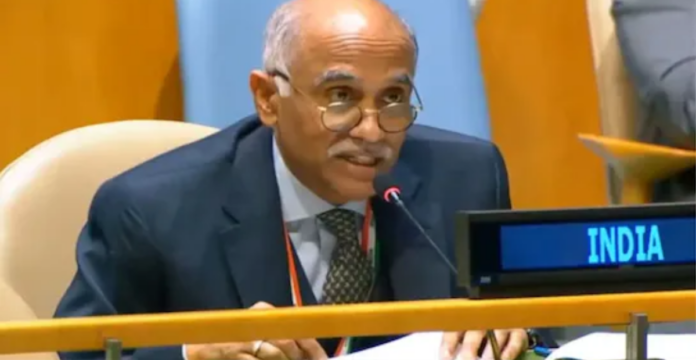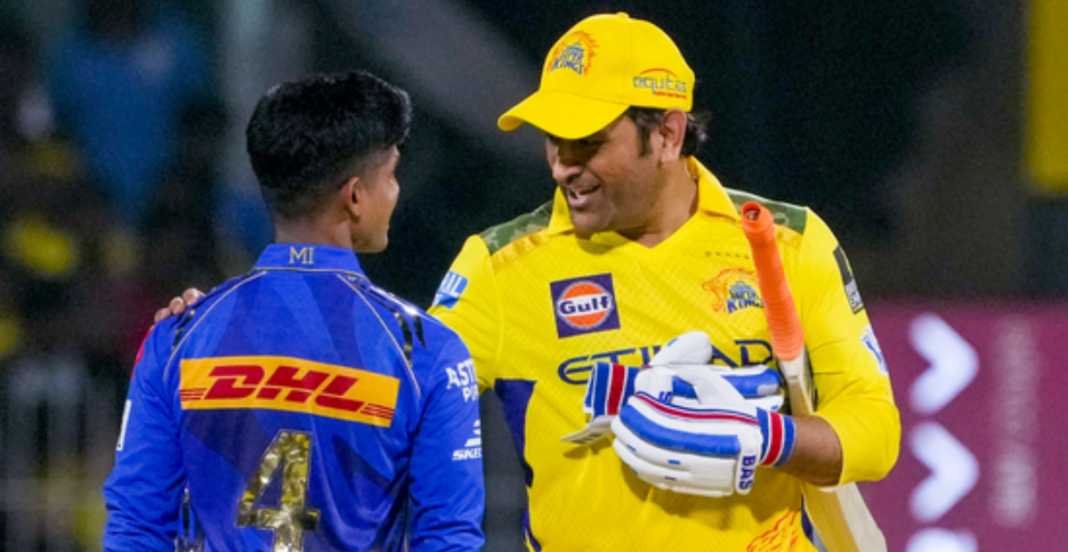New Delhi, March 24, 2025 – India delivered a sharp rebuke to Pakistan at the United Nations on Monday, dismissing its repeated references to Jammu and Kashmir (J&K) as “illegal and unwarranted.” The clash unfolded during a UN Security Council debate on peacekeeping reforms, where India’s Permanent Representative, Ambassador Parvathaneni Harish, accused Pakistan of misusing the platform to push a “parochial and divisive agenda.”
Pakistan’s delegate had raised J&K, prompting Harish to assert that the region “was, is, and will always be an integral part of India.” He condemned Islamabad’s remarks as baseless, stating, “Such repeated references neither validate their illegal claims nor justify their state-sponsored cross-border terrorism.” India further demanded that Pakistan vacate the parts of J&K it occupies, which New Delhi deems an illegal hold.
The exchange highlights a recurring friction—Pakistan often flags J&K at global forums, while India insists it’s an internal matter. This isn’t rhetoric alone: Pakistan’s support for terror groups in J&K remains a flashpoint, with India citing incidents like the 2019 Pulwama attack (The Hindu, 2019). Yet, Pakistan counters that it champions Kashmiri self-determination, a claim India rejects outright.
The real issue? Beyond the diplomatic sparring, J&K’s unrest—rooted in decades of conflict—continues to claim lives and defy resolution. While India focuses on peacekeeping reforms at the UN, Pakistan’s provocations shift attention from global priorities to bilateral grudges. Harish chose restraint, saying India wouldn’t dignify the remarks with a detailed reply, but the tension underscores a deeper challenge: how long can such forums be battlegrounds for old wounds?




